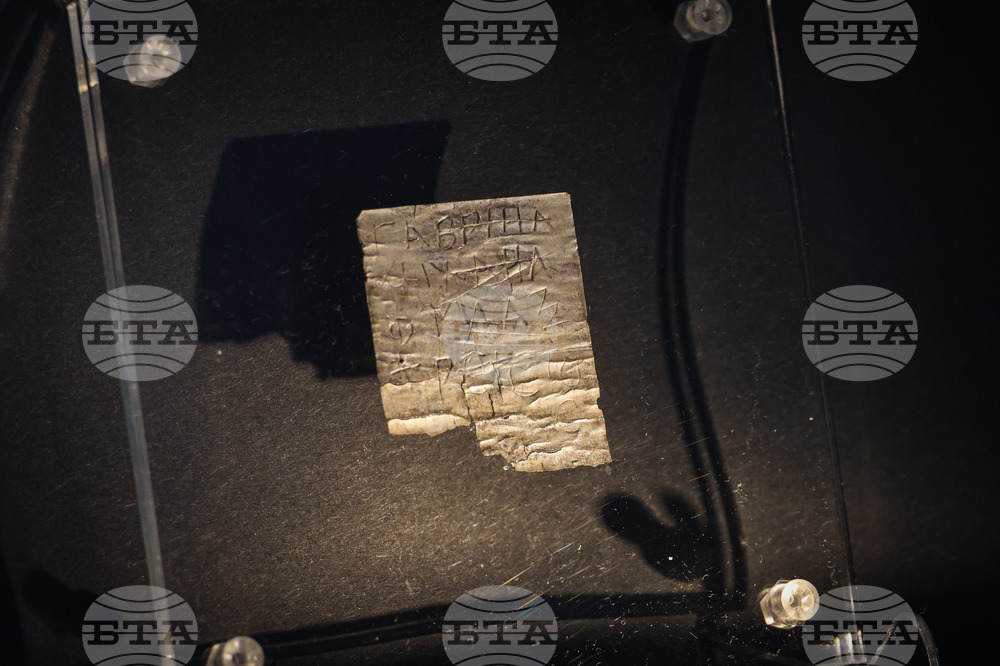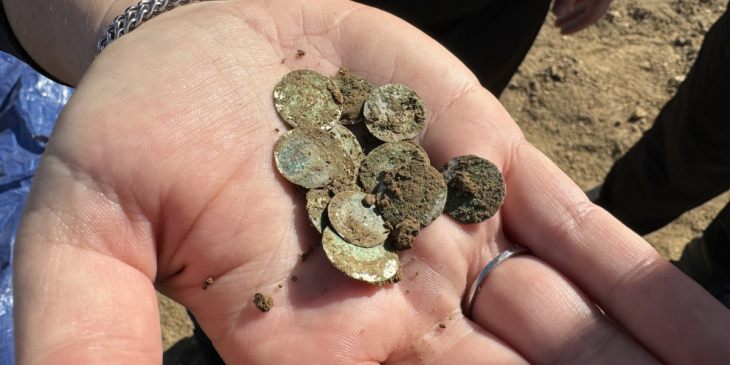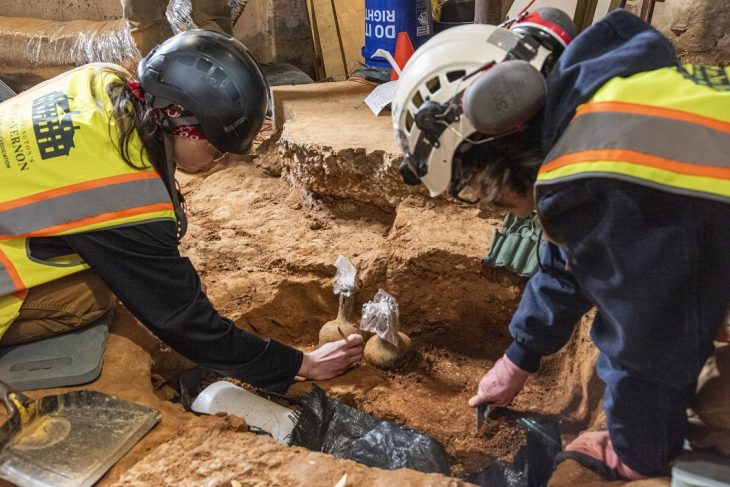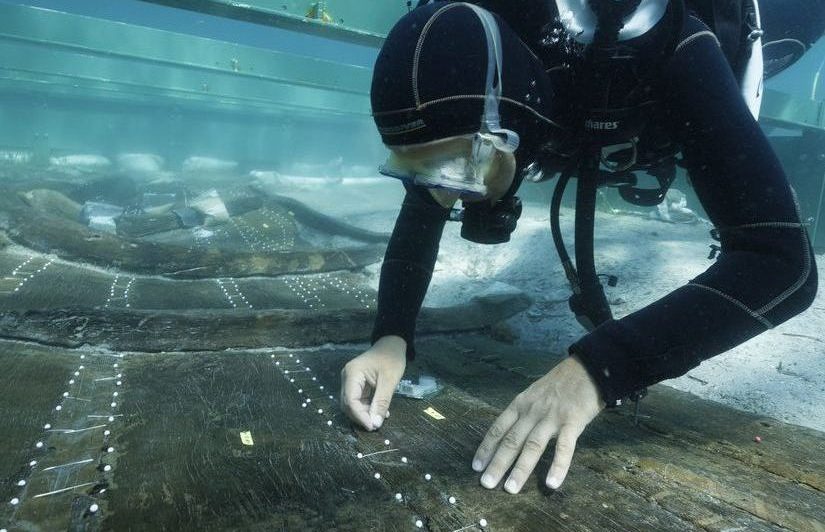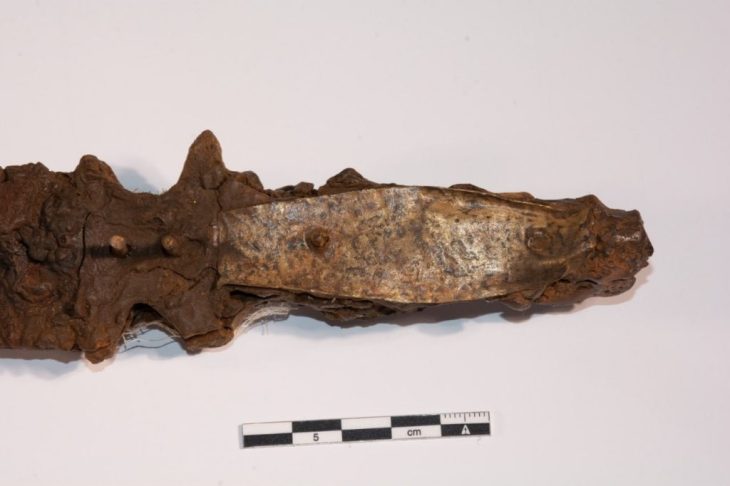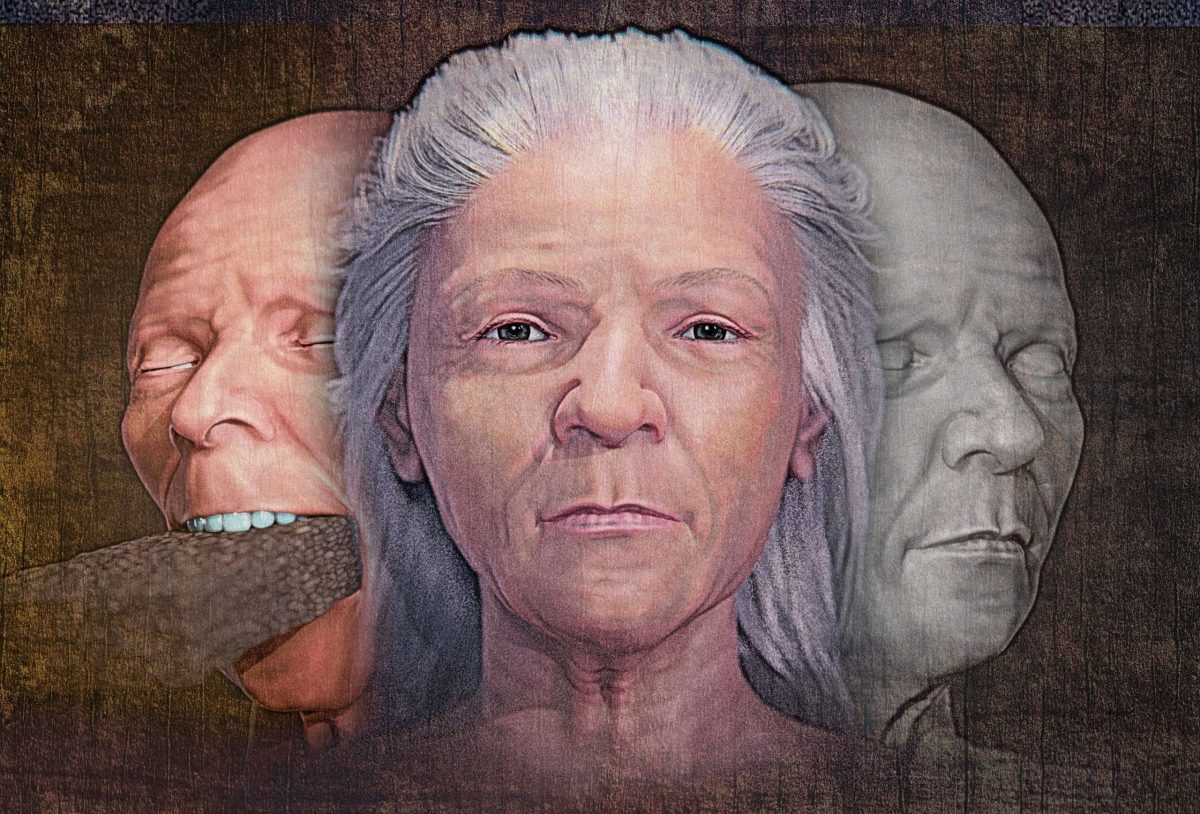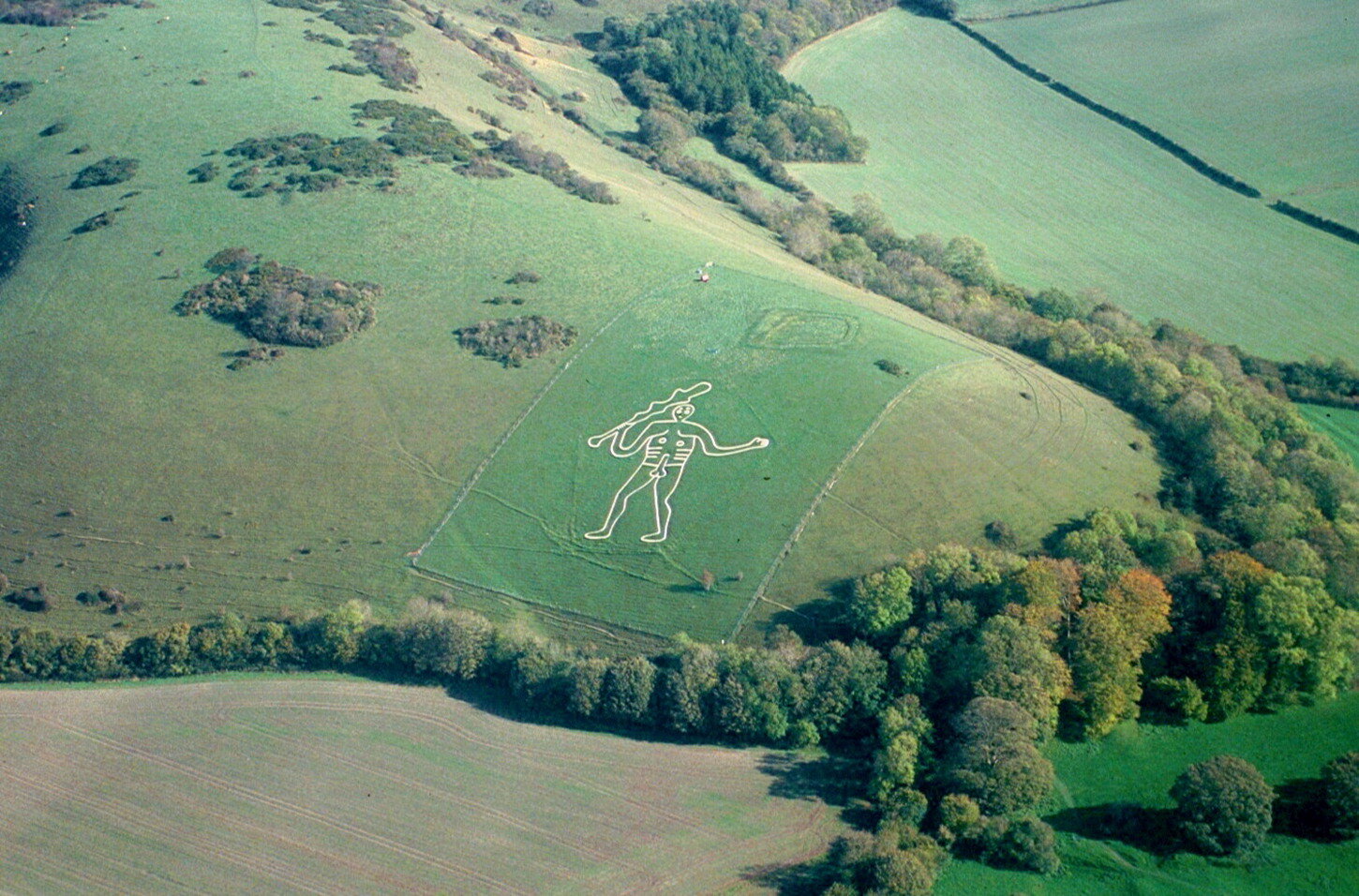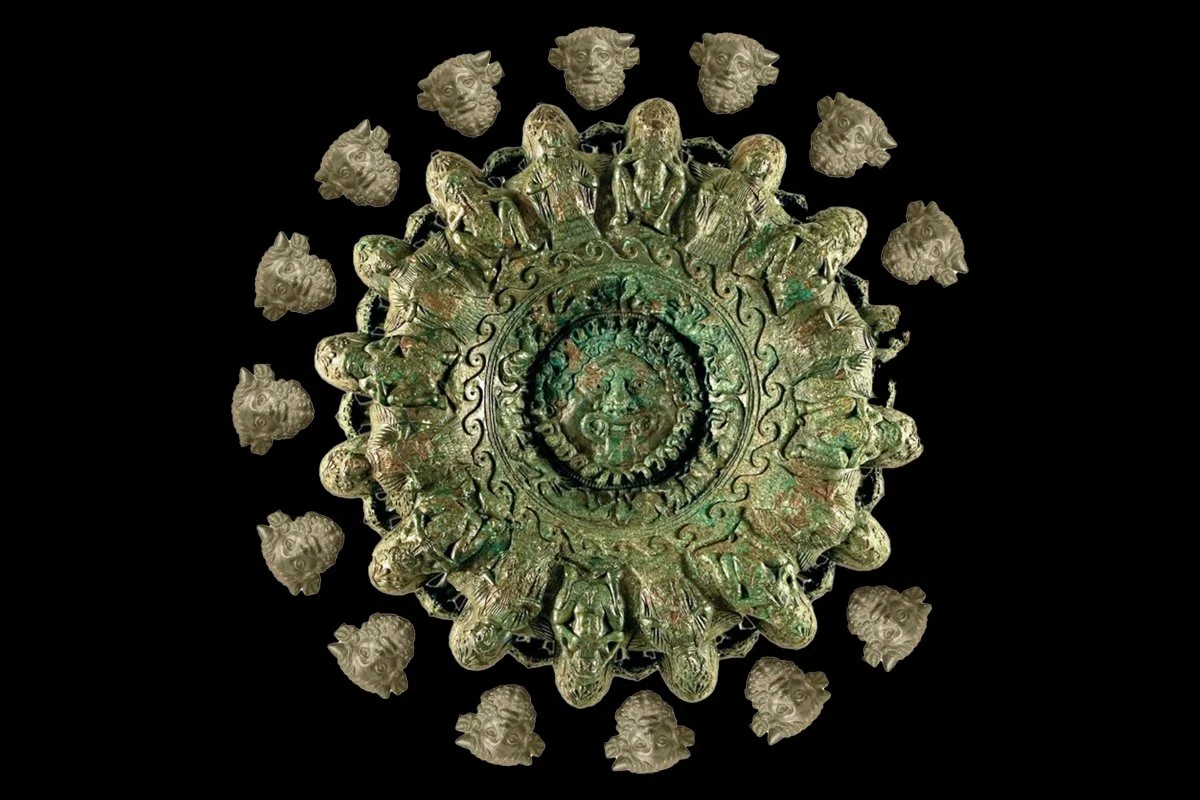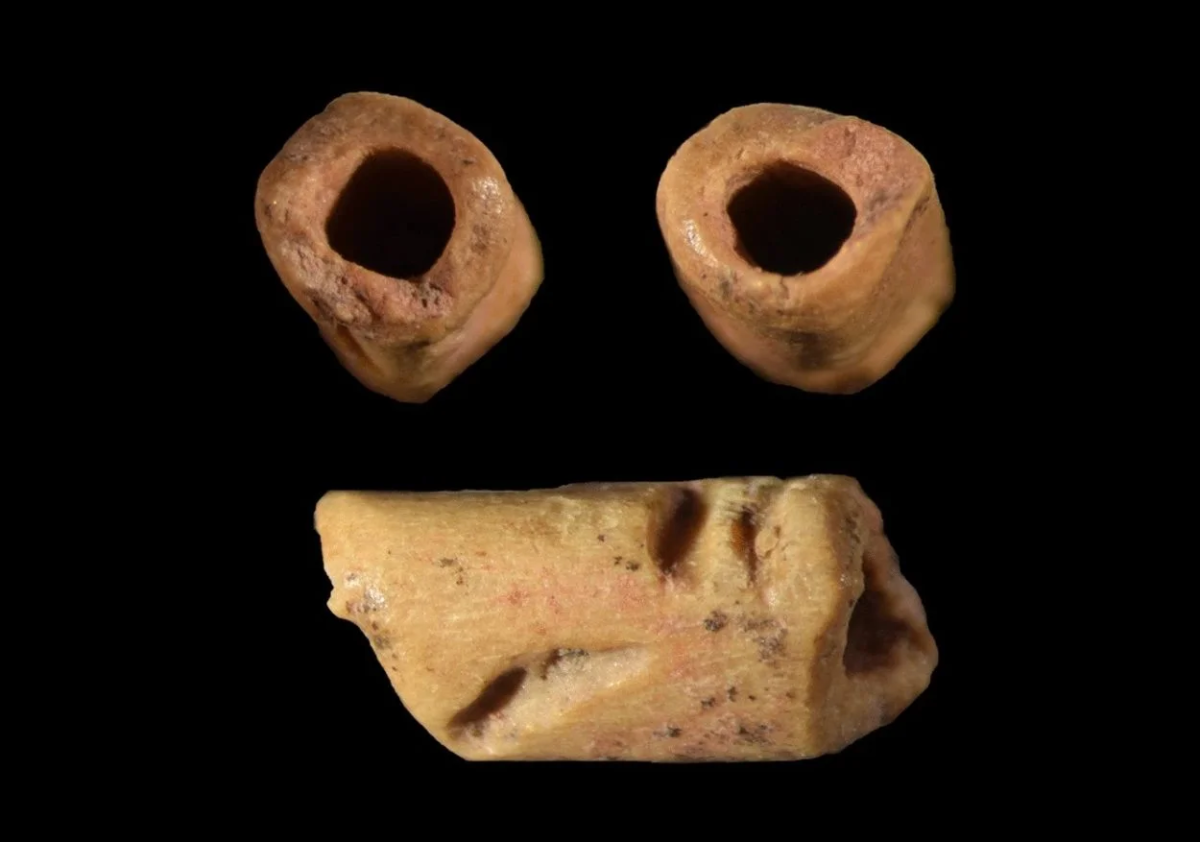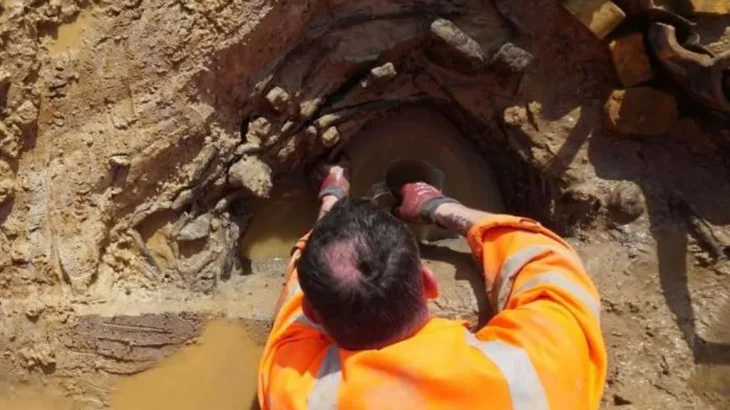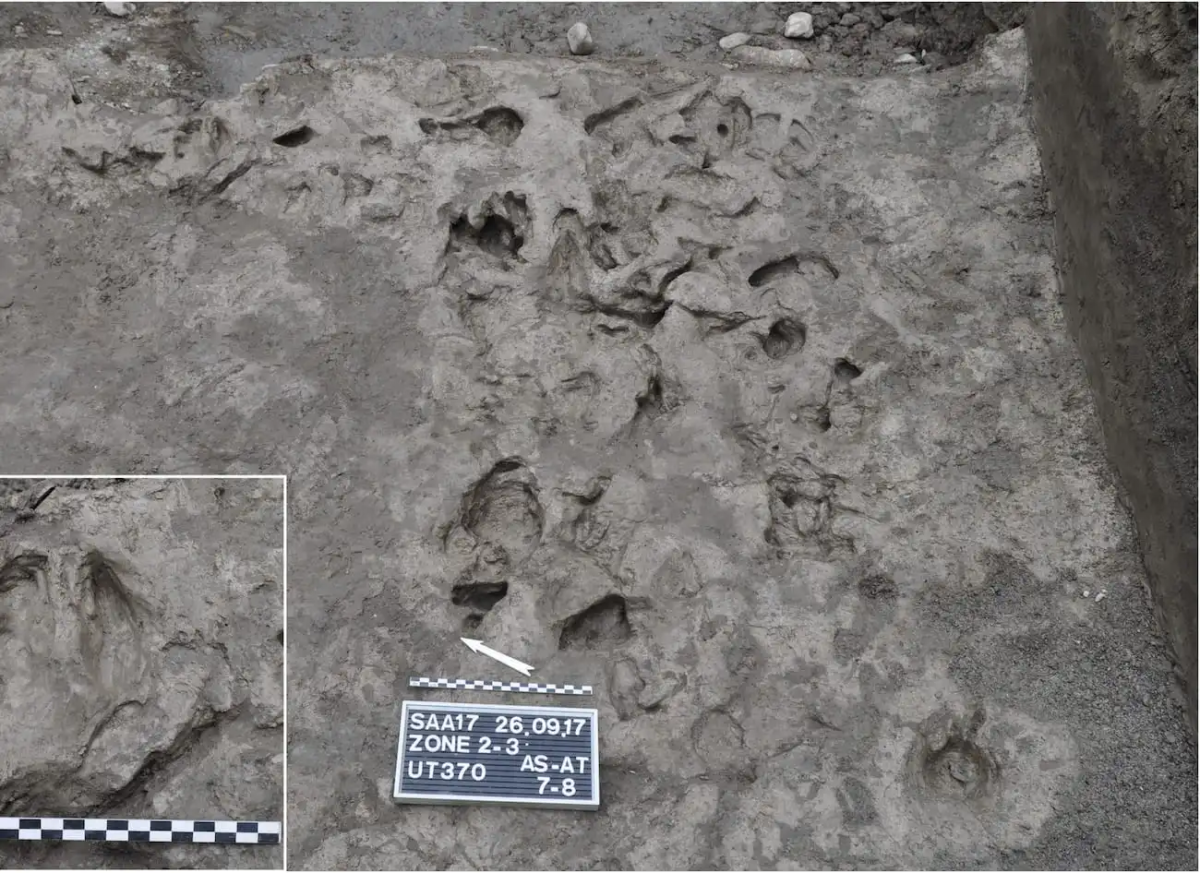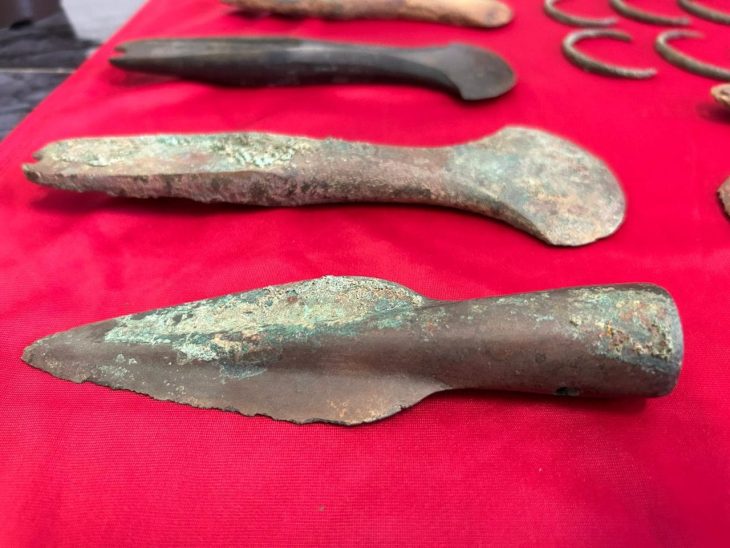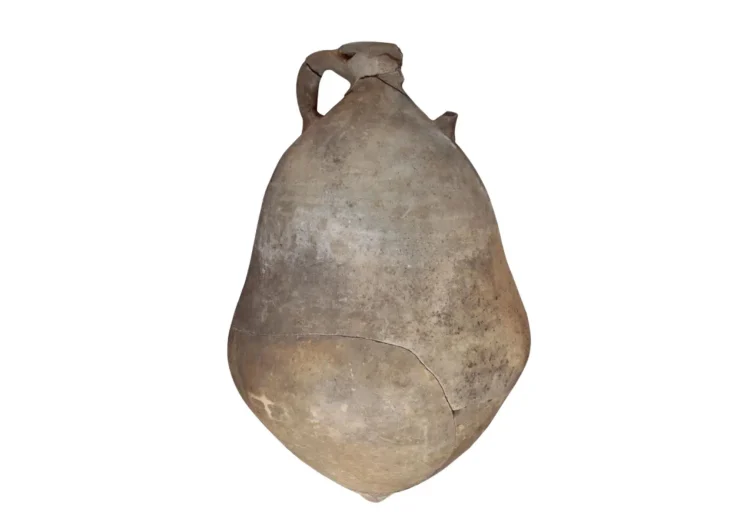Early Christians in the Roman Empire were forced to conceal their faith. This was because Christianity was not officially recognized by the Roman Empire and was seen as a threat.
Christians were persecuted and executed in various parts of the Roman Empire.
To conceal their faith, early Christians conducted their worship in secluded places. These places were usually underground caves or churches carved into rocks. These hidden churches were called “catacombs.” Catacombs served as places for Christians to worship and also to bury their dead.
Debelt village, located in the Sredets Municipality in southeastern Bulgaria, became an important refuge for Christians fleeing persecution in the early years of Christianity.
As persecution against Christians increased in the Roman Empire, Debelt and its surroundings became a beacon of hope for those seeking a place where they could freely practice their beliefs.

A silver amulet dating back to that period was found during excavations in Debelt village, which served as a safe haven for early Christians.
The silver amulet was discovered during excavations at the Deultum-Debelt National Archaeological Reserve.
Museum curator Dora Todorova told BTA:
“Early Christians were careful not to be recognized and used various symbols to refer to Christ. In this case, the amulet is placed in a grave, near the head of the buried person, hidden from people’s eyes. It bears the name of Jesus, but the first letter is rotated 45 degrees and forms the shape of a cross.”
Todorova said that the interpretation of the amulet and its dating are the work of one of Europe’s best epigraphy experts, Dr Nikolay Sharankov. In his published analysis, Sharankov argues that its dating makes it the oldest Christian monument with the earliest mention of Christ ever found in the territory of Bulgaria. According to him, the discovery of such an early Christian monument in Deultum of all places is not unexpected, because the Roman colony was the first settlement known to have had a proven Christian community and a bishop.
Colonia Deultum is the first Roman colony on Bulgarian lands, founded in the 1st century AD, inhabited by veterans of the 8th Legion of Augustus. Archaeologists from the Deultum-Debelt National Archaeological Reserve have been studying the colony since the 1980s.

